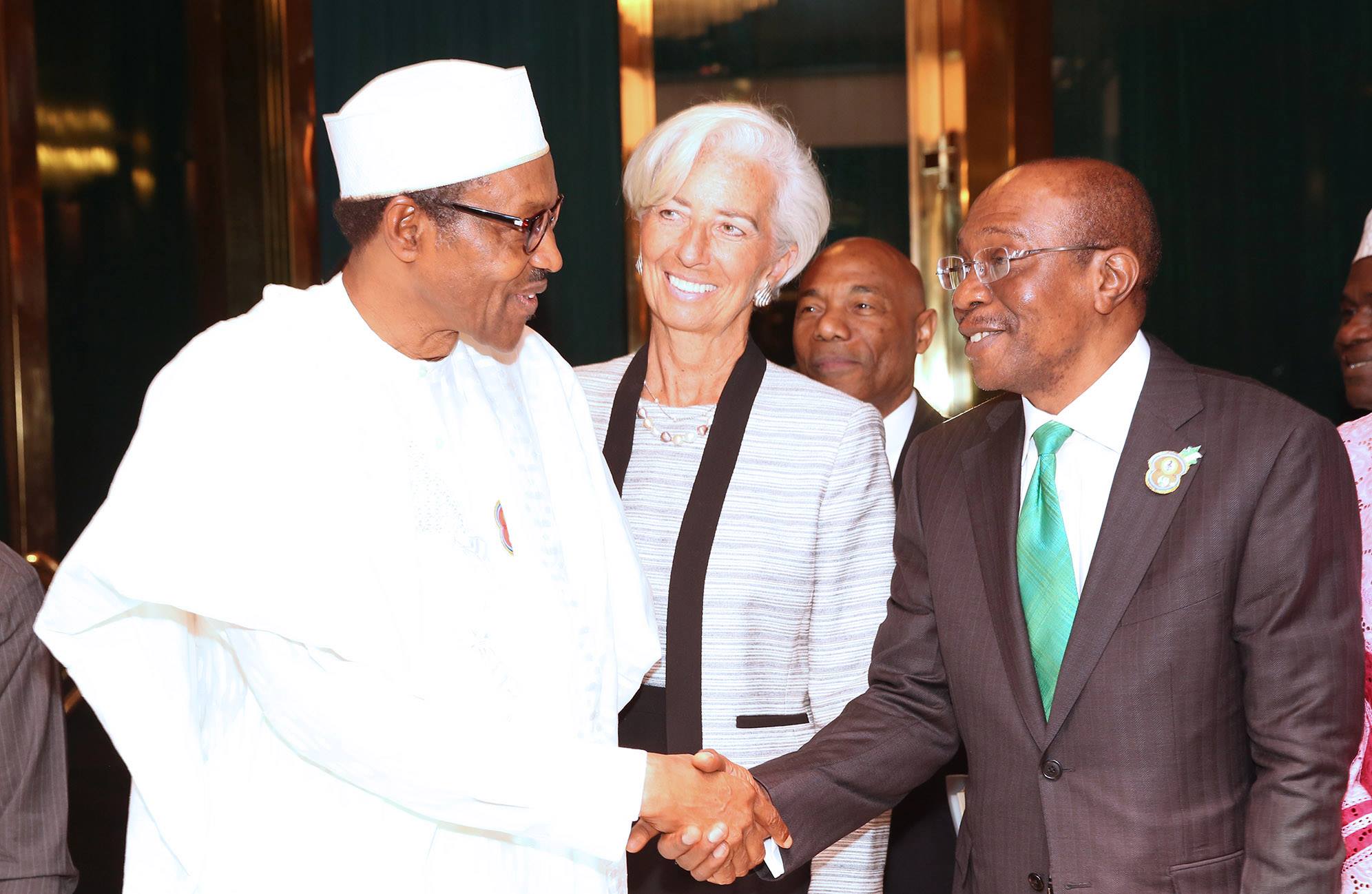Chances of Nigeria rising again to top five growing economies in Africa have been cut short by production statistics rolled out by the Nigerian Bureau of Statistics (NBS) and several international rating agencies and global financial monitoring institutions.
Latest third quarter GDP figures rolled out by NBS on Monday showed that Nigeria is yet to meet the World Bank’s downgraded growth rate of 1.9% as the economy grew at an abysmal speed of 1.81% to join the least developing African economies in 2018.
Whereas latest report from a recent conference in Rome on growth trajectory in Africa says the continent is currently home to five of the world’s fastest growing economies, it also averred that only four African countries out of 54 will record negative growth in 2018, when compared to 8 in previous years.
The last time Nigeria featured among fastest growing African economy was in 2014/15 as growth statistics had been down in the last three and half years with economic recession in-between.
The figures rolled out revealed the top five world’s fastest growing economies to include Ghana as lead with 8.3%, which is driven by oil & gas expansion, Ethiopia (8.2%), Côte d’Ivoire (7.2%), Djibouti (7%), Senegal (6.9%) and Tanzania (6.8%). Africa has six of the world’s ten fastest growing economies this year, according to the World Bank.
However, in his remarks, Italian Minister of Finance and Economy, Giovanni Tria, said “Africa is a continent of great change and opportunities. However, Europe finds it difficult to understand that its future lies in the South and not in the North.”
He noted that the current narrative about Africa is all wrong, arguing that “Africa today has five distinctive advantages – a huge land mass of 30 million square kilometers, huge resources, a fast-growing population, fewer conflicts and major developments in education, and an economy that has consistently expanded over the last 15 years, even though it still only accounts for 3% of global GDP.
Corroborating Tria’s submissions, Dr Akinwumi Adesina, President of the African Development Bank, argued that “There is clear evidence of sustained demand growth across the continent. Consumer spending will reach $2.5 trillion by 2030, while business-to-business investments will reach over $3.5 trillion in the same period.
“With a growing middle class and rapid urbanisation, consumer demand from a burgeoning middle class will turn the continent into a prime collective investment opportunity that cannot be ignored.”
“This is proof positive of an Africa in the process of full transformation. Africa is the new international investment frontier,” he added. With $11.6 billion, Italy was the largest European investor on the continent in 2017, and the third largest after China and the United Arab Emirates.
Tria commended the African Development Bank for its unique role in fostering a favourable investment environment and addressing Africa’s development challenges.









